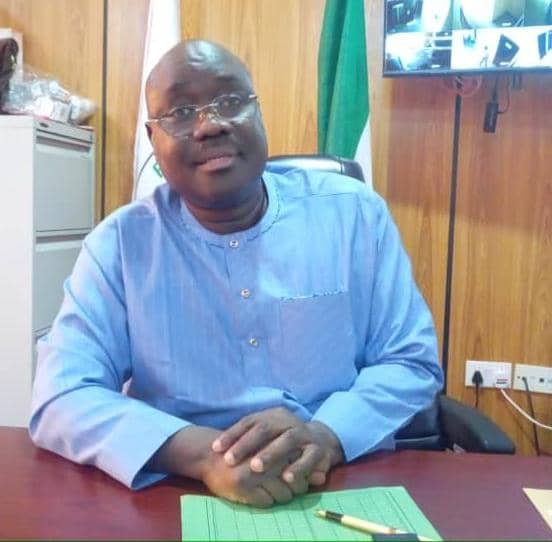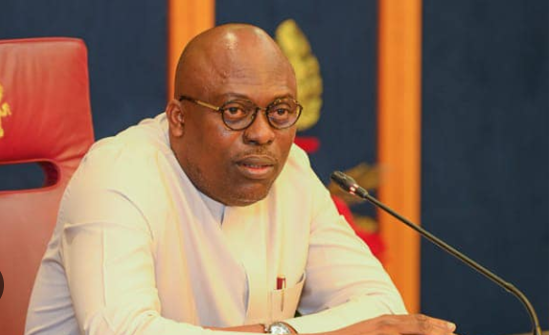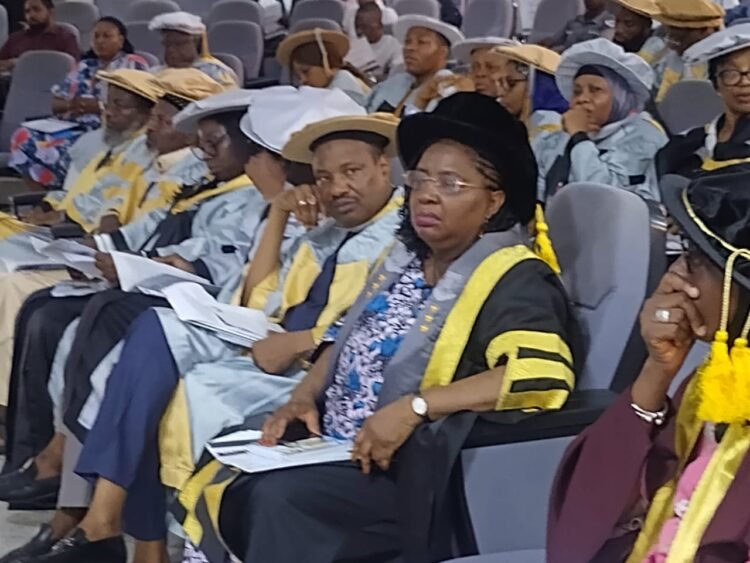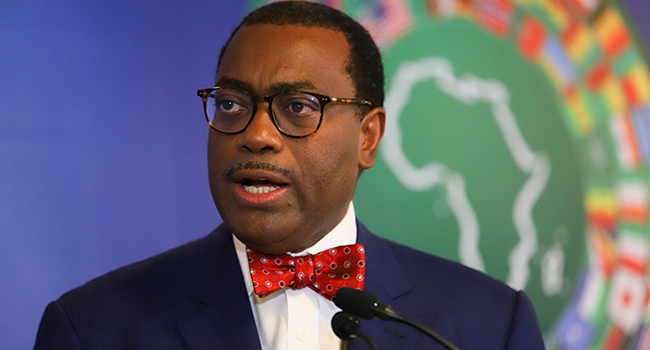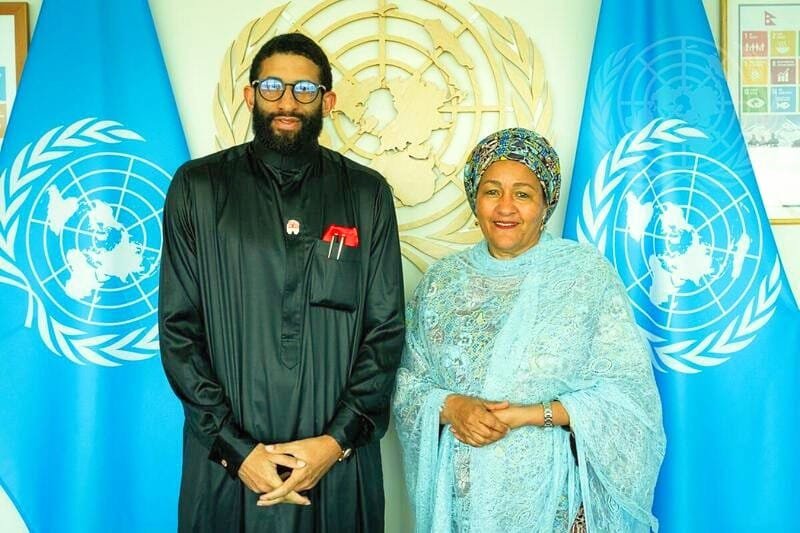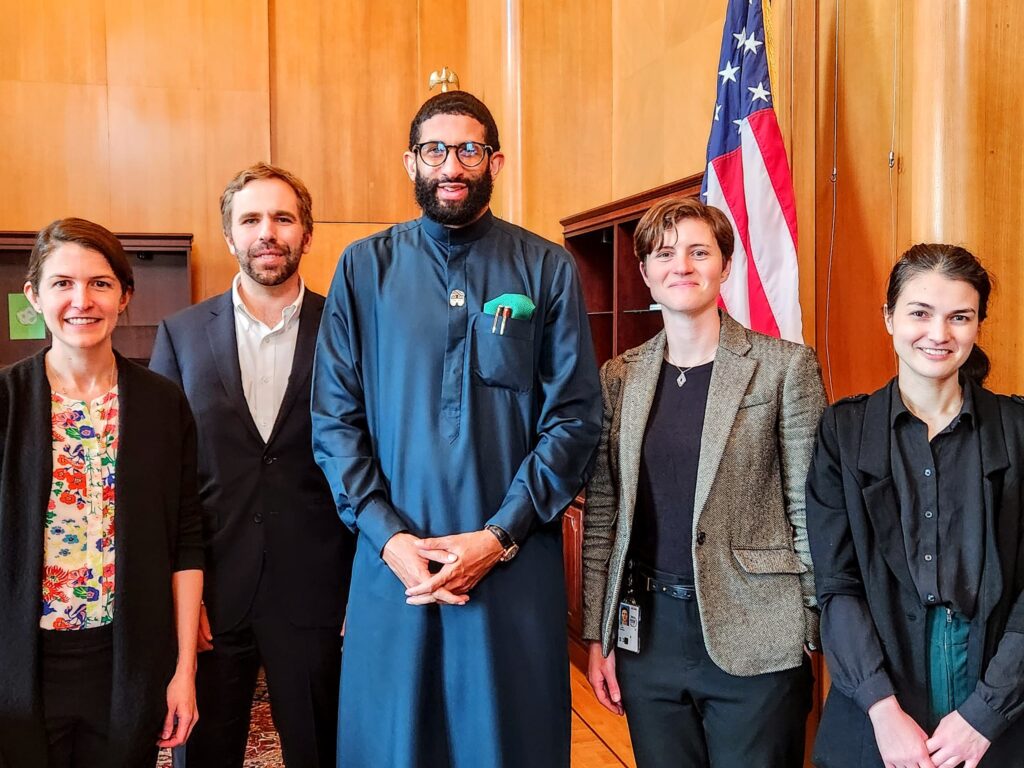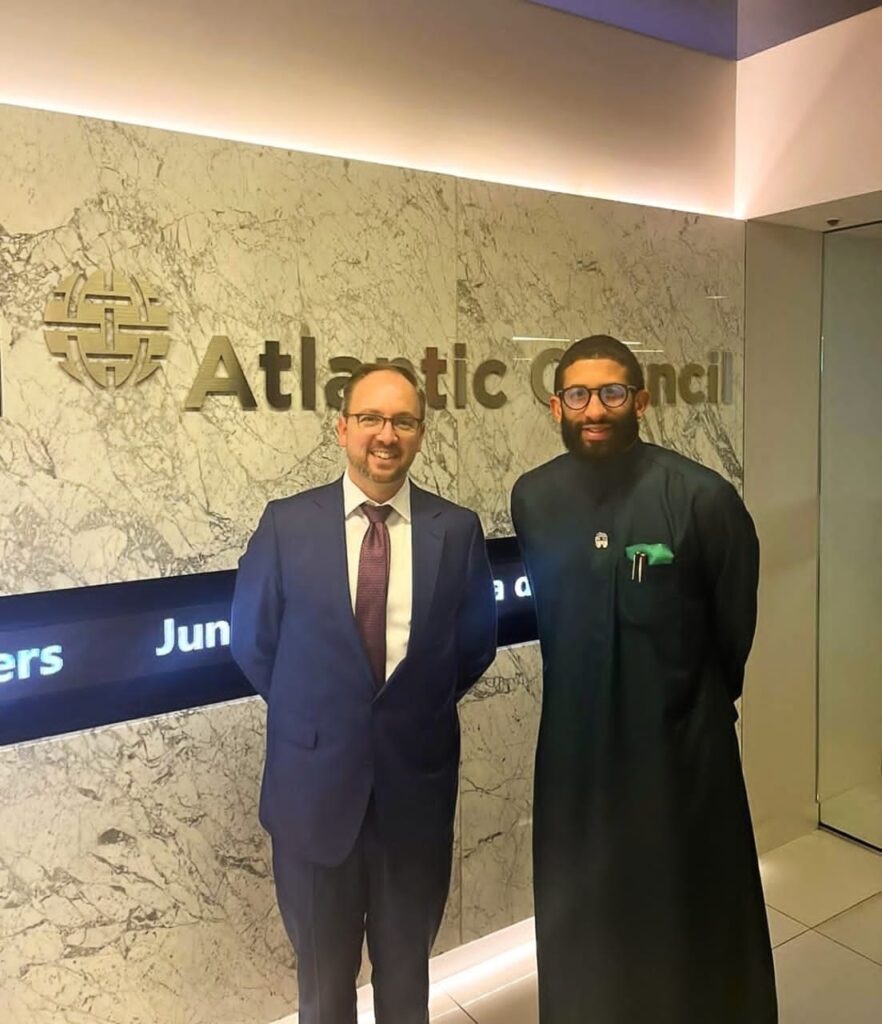By Kemi Akintokun
In a bid to promote menstrual hygiene in schools, the HOJ Foundation, an NGO, on Tuesday sensitised and distributed sanitary pads to schools in commemoration of the 2024 World Menstrual Hygiene Day.
The News Agency of Nigeria (NAN) reports that Menstrual Hygiene Day is observed annually on May 28, to raise global awareness about the importance of good menstrual hygiene management.
Mr Bismarck Oji, the Executive Director of the foundation, said menstrual health hygiene was pertinent to the general wellbeing of girls and women in the society.
Oji noted that there was need to intensify awareness on good menstrual hygiene due to the several risks associated to poor hygiene during menstruation.
He added that some schools within the Isolo-Oshodi Local Government Area (LGA) benefited from the programme tagged” Pad Up Our Girls, Keep Them in School”.
Some of the schools include Ansarudeen College, Isolo; Livingspring Hi-Grade College Isolo; Effortswill College, Ejigbo; Spring School, Okota; Airforce Secondary School, Ikeja and Jeed Trinity College, Ilasamaja.
He said:”Menstrual hygiene is for everybody and this is because whatever affects our girls and women affects the society.
“We are here to sensitise our girls in schools that menstruation is a natural process that should not stop girls from going to school and the importance of good menstrual hygiene.
“Some of the girls are yet to start their menstrual circle while some have started, this is to prepare those who are yet to start their menstruation and educated those who have already started on the importance of good hygiene”.
He, however, urged government to subsidise pads to ensure availability and affordability for girls and women in the Country.

Speaking also, Mrs Uchena Ofomata, the Programme Coordinator in charge of Women and Health at the foundation, urged government to provide free sanitary pads for girls, especially those in public schools.
Ofomata said the present economic situation has made it impossible for some girls to get access to pads, therefore, resulting to tissue paper, cloths and a times deprive them of learning in school.
“We are out to sensitise girls because at this age, some of them feel bad about menstruation and there is the need to educate them on good hygiene to prevent infection.
“Another thing is availability of pads for some girls whose parents cannot afford it due to the present increase in prices of commodities generally in the country.
“We want the government to either subsidise the price or give free monthly pads to secondary school girls, especially those in the public school,” he said.
She affirmed that HOJ foundation would continue to empower women and youths, and provide interventions on health related issues for people within its locality.
Precious Chimezie, a JSS 3 student of Livingspring Hi-Grade College, commended the foundation for the sensitisation and free menstrual pad, noting that it further increased her knowledge.
“We have been taught about puberty and menstruation in my school but this programme has given me more enlightenment on how to handle pad, duration of usage and good hygiene,” she said.
Speaking also, Oreoluwa Koiki, a JSS 3 student of Ansarudeen College, said the pad up our girls programme by HOJ foundation was very educating.
“I have been able to learn more things about menstrual hygiene that will keep me in check when I am in my cycle,” she said. (NAN)
Edited by Vivian Ihechu







